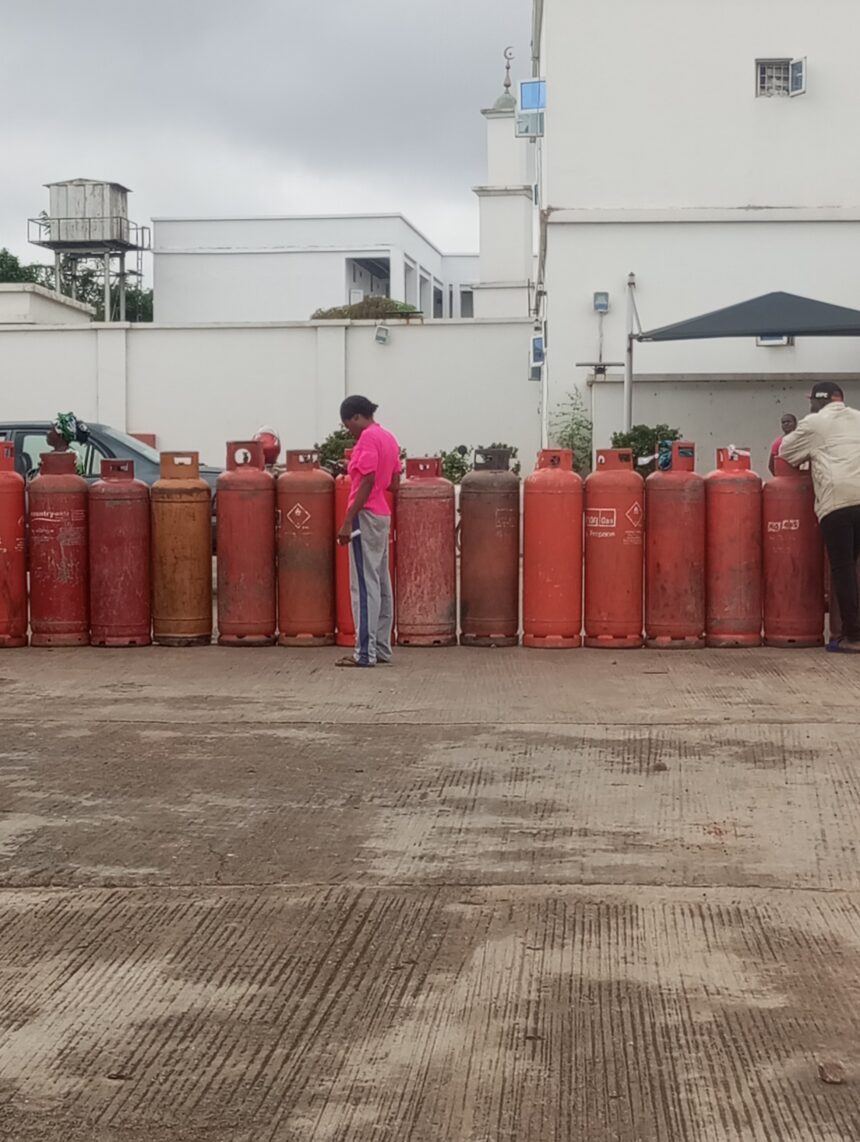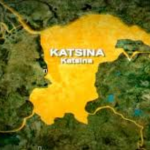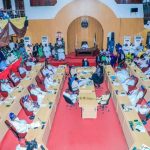Nigerians have expressed concern over another hike in the price of cooking gas, with a kilogram now selling for as high as ₦2,000 in some parts of the country.
According to gas marketers, the increase has little to do with any official price adjustment.
The Nigerian Association of Liquefied Petroleum Gas Marketers has attributed the surge in cooking gas price to temporary supply disruptions and market exploitation by some operators.
The association’s National President, Oladapo Olatunbosun, stated this on Wednesday while speaking on Channels Television’s The Morning Brief.
He said there had been no official increment in the price of Liquefied Petroleum Gas, blaming the hike on opportunistic marketers taking advantage of supply gaps caused by the recent strike by the Petroleum and Natural Gas Senior Staff Association of Nigeria against the Dangote Refinery.
He said, “I sympathise with Nigerians as the President of NALPGAM because we never intended to have a situation like this.
“I must say it categorically that prices of cooking gas have not gone up. No increment has been done officially.
What is happening is that some marketers are taking advantage of the shortage in supply and the market forces that have increased demand. They are cashing up to make good money, which is wrong.
“We frown at this as an Association, and I’m happy that by the grace of God, normalcy will return in the next few days.”
Channels TV reports that prices of LPG, which previously averaged between ₦1,200 and ₦1,300 per kilogram, have in recent days risen to between ₦1,700 and ₦2,000, and as high as ₦3,000 in some areas.
Olatunbosun explained that the current situation was artificial and temporary, noting that normal supply and pricing were expected to stabilise in the coming days.
He said the problem began when Dangote Refinery, which had previously improved domestic supply by eliminating middlemen, embarked on maintenance and renovation that slowed truck loading.
He stated, “Before the strike, when you load from Dangote, he sends out about 50 trucks per day, which is good because it served the South West and some part of the North well, and if you add it to what you get from Apapa, and other depots in Lagos, because they also source their products from IOCs and other producers.
“Dangote came in with his own strategy, selling directly to offtakers. That made importation not to be attractive. You won’t be able to compete if you import because you are likely to incur losses.








